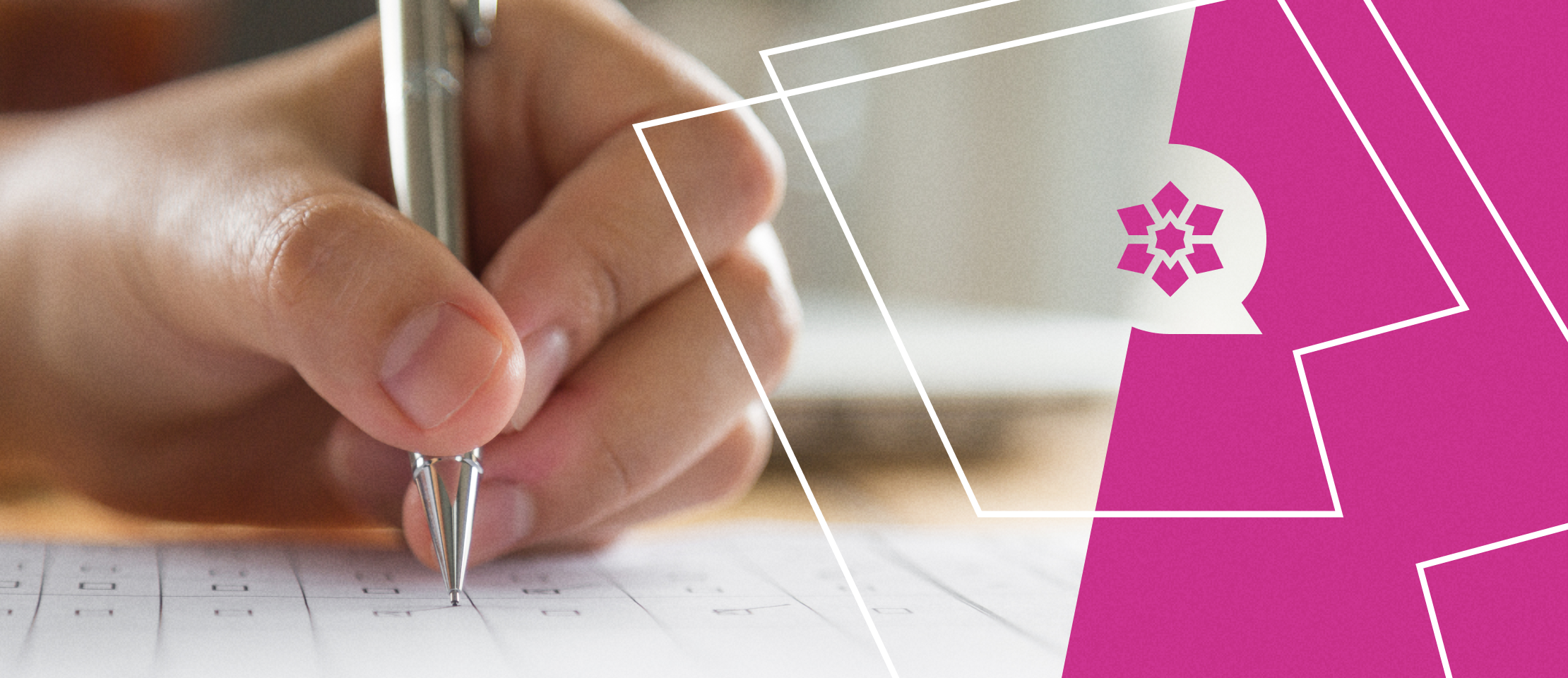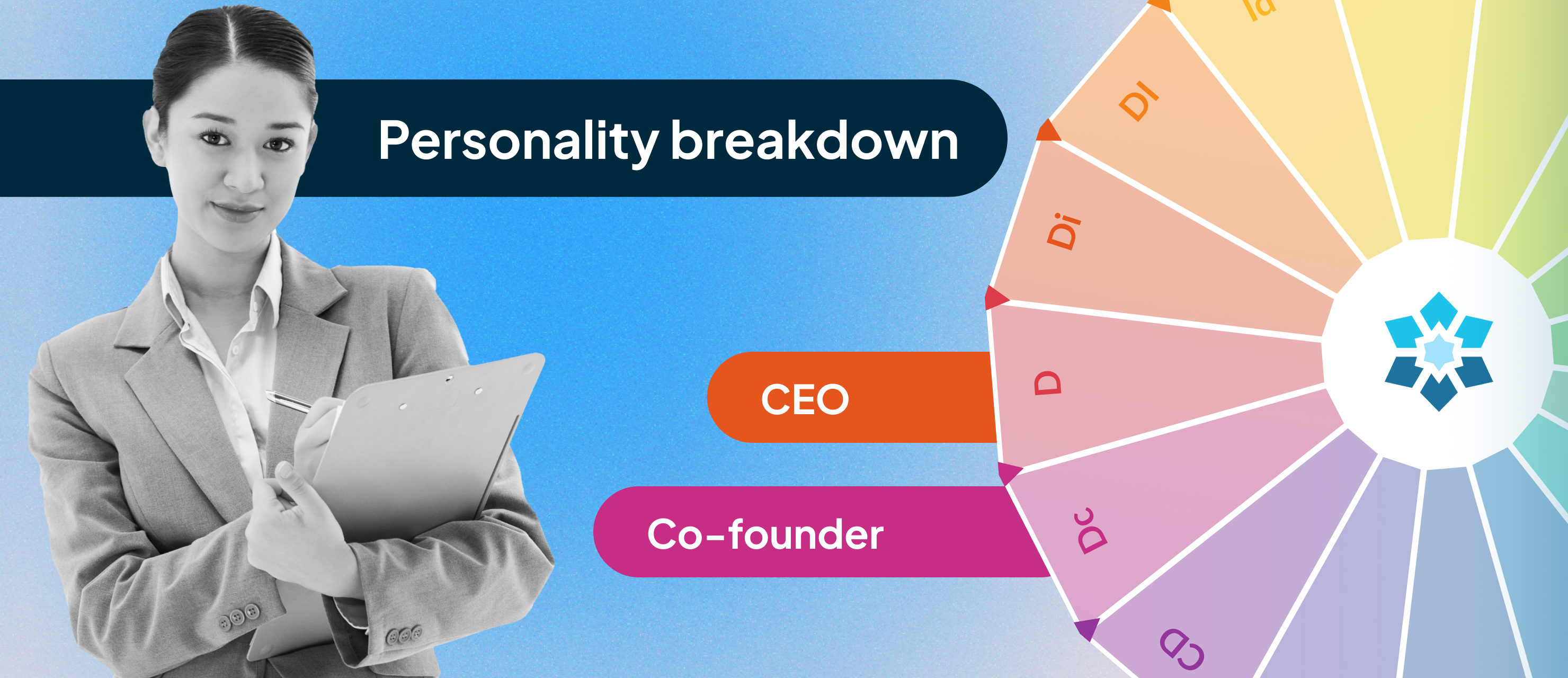
Approaching negotiations in the wrong way can hurt your client relationships and lead you to bad deals and missed opportunities. A skillful negotiator understands the person they are speaking with on a deeper level– when negotiations are handled without the proper care, preparation, or tact, they can be ineffective and costly for all parties involved.
By learning to recognize personality differences and adjusting your approach accordingly, you can help negotiations run smoothly and take your deal to the finish line.
At Crystal, we’ve developed software that analyzes publicly available information to determine an individual’s personality type. Using the DISC Framework, a proven and tested personality methodology, prospects are categorized into 4 main personality types: D (Dominance), I (Influence), S (Steadiness), and C (Conscientiousness).
.jpeg?width=756&name=How%20to%20Negotiate%20with%20Different%20Personalities%20(blog).jpeg)
When reaching out to a prospect or client, you can find their personality type by using Crystal’s Chrome Extension. After identifying where a prospect falls on the DISC wheel, you can better understand how to best communicate with and sell to each individual buyer or stakeholder.
DISC type D personality: Dominant
Self-assured, straightforward D-types tend to prefer when negotiation is clear and right to the bottom line. Focus on presenting your request outright and being prepared to address any objections. D-types may also share concerns about things like control, flexibility, and cost. Be prepared to confidently offer solutions to their objections: allow them to have some control over the offer, but be direct about the flexibility of your position and overall cost information.
Quick tip: Be able to stand your ground.
Your Behavior: Project assertiveness and confidence.
Communication: Communicate clearly and succinctly while avoiding small talk.
Always Remember: D types respect assertiveness and confidence, so do not give in too easily to their demands and be clear about your goals and how they align with theirs.
Negotiating Advice:
|
Do |
Don’t |
Example |
|
|
|
DISC type I personality: Influential
Creative, idealistic I-types tend to prefer compelling, energetic negotiations. Objections they may raise are likely to be centered on social impact or what they might think is missing from your idea. You can help negotiate these problems by remaining optimistic, sharing compelling stories about other clients, and relating what you’re offering to a growing social trend.
Quick tip: Highlight other client success stories.
Your Behavior: Maintain an upbeat, casual, and positive attitude.
Communication: Communicate in a casual, expressive way and engage in small talk before jumping into the finer details.
Always Remember: Work to engage them in the conversation and get them excited about your request– I-types are much more likely to engage with an idea or product that sparks their internal optimism.
Negotiating Advice:
|
Do |
Don’t |
Example |
|
|
|
DISC type S personality: Steady
Thoughtful, security-oriented S-types will likely want to take their time to think through their decision. They might raise concerns if you don’t offer enough positive, proven data. Try to relieve their worries by allowing them to fully share their concerns, offering specific evidence of your capabilities, and giving them time to consider their options.
Quick tip: Ease them into the negotiation and avoid creating unnecessary tension or stress.
Your Behavior: Be genuine and allow them to fully share their perspective by asking them questions and giving them time to respond.
Communication: Communicate in a friendly and genuine way. Avoid being overly intense or pushy in your tone.
Always Remember: You need to create trust with a steady person. Make an effort to address their concerns and give them plenty of time to make any decisions.
Negotiating Advice:
|
Do |
Don’t |
Example |
|
|
|
DISC type C personality: Analytical
Detail-focused, skeptical C-types tend to want as much information as possible when it comes to negotiation; be prepared to clue them in on every detail of your request, idea, or product. They may raise concerns about the security, the ease of implementation, or the overall cost breakdown. You should be prepared to thoroughly address any problems they present; bring in outside data to support your claims.
Quick tip: Send over plenty of supporting data, information, and details prior to negotiations.
Your Behavior: Demonstrate expertise when speaking of your product and how it can help them, and keep interactions strictly business-related.
Communication: Communicate in a business-like, fact-based way. Include all relevant details and data, providing the opportunity to learn more. No detail is too small.
Always Remember: Calculating people are extremely objective. If you walk in and try to appeal to their personal side, you will fail. Never make any statements that cannot be backed up with facts.
Negotiating Advice:
|
Do |
Don’t |
Example |
|
|
|
Final thoughts
Negotiations might be intimidating, but they’re important to get right.
When you plan the conversation to address the other person’s concerns, you give the buyer security in their final purchasing decision. By making an effort to adapt your negotiation style to fit the other person’s personality preferences, you’re more likely to get the outcome you want and help everyone leave the discussion feeling comfortable and happy with a solution they can agree on. Check out our full-length eBook Using Personality AI to Negotiate for more insights on how to effectively negotiate with different personalities.
By adapting your communication based on your prospect or client’s personality, you will reach them more effectively– building lasting connections and a solid clientele or customer base.
Learn more by requesting a demo with one of our reps today!








